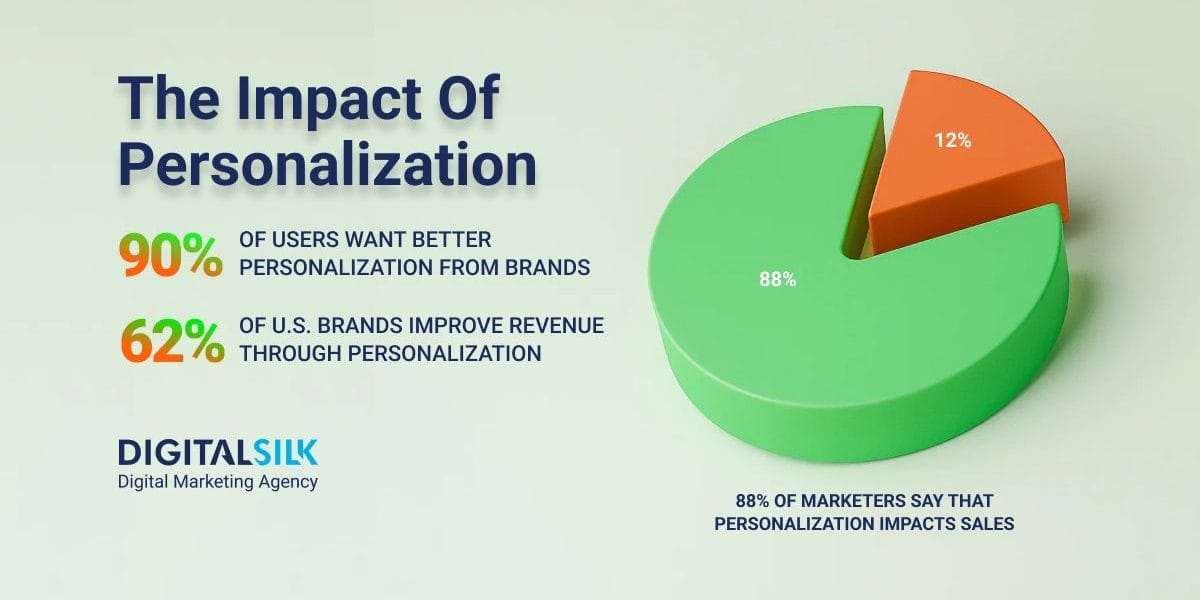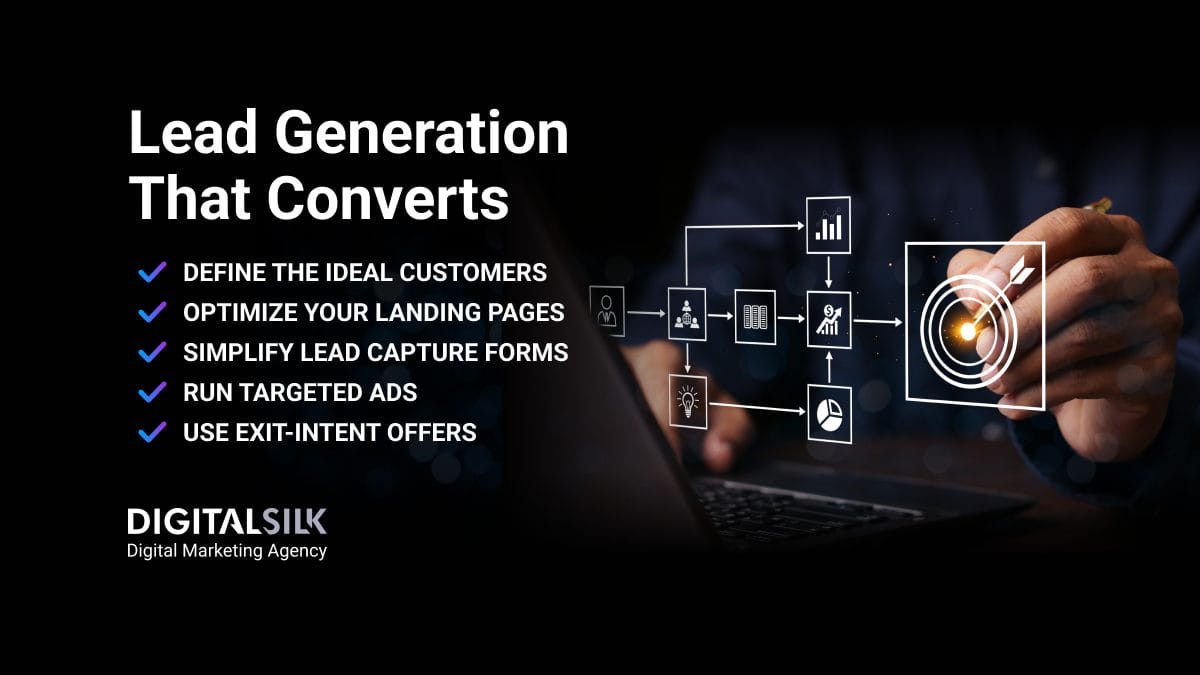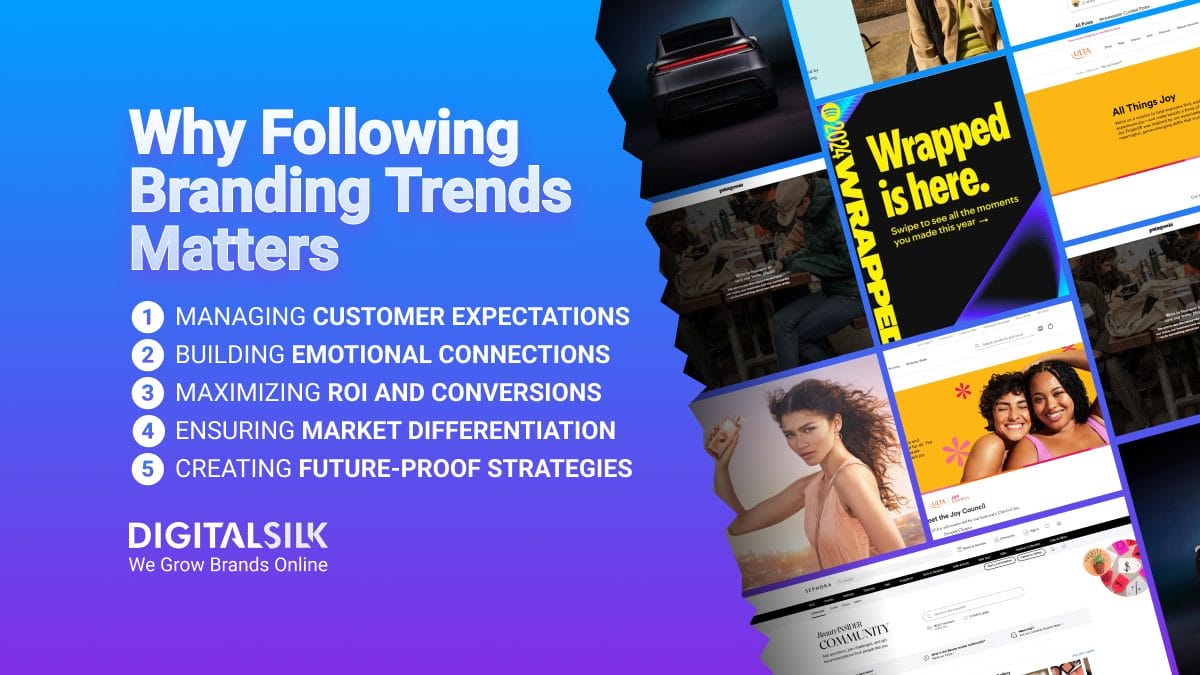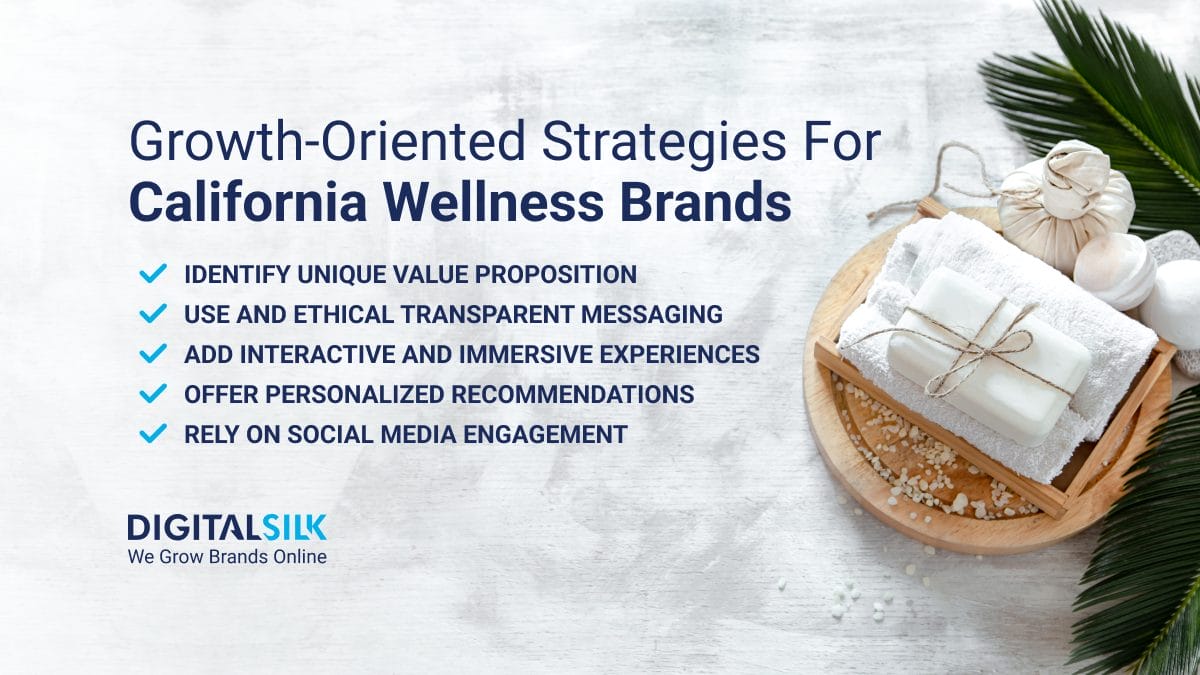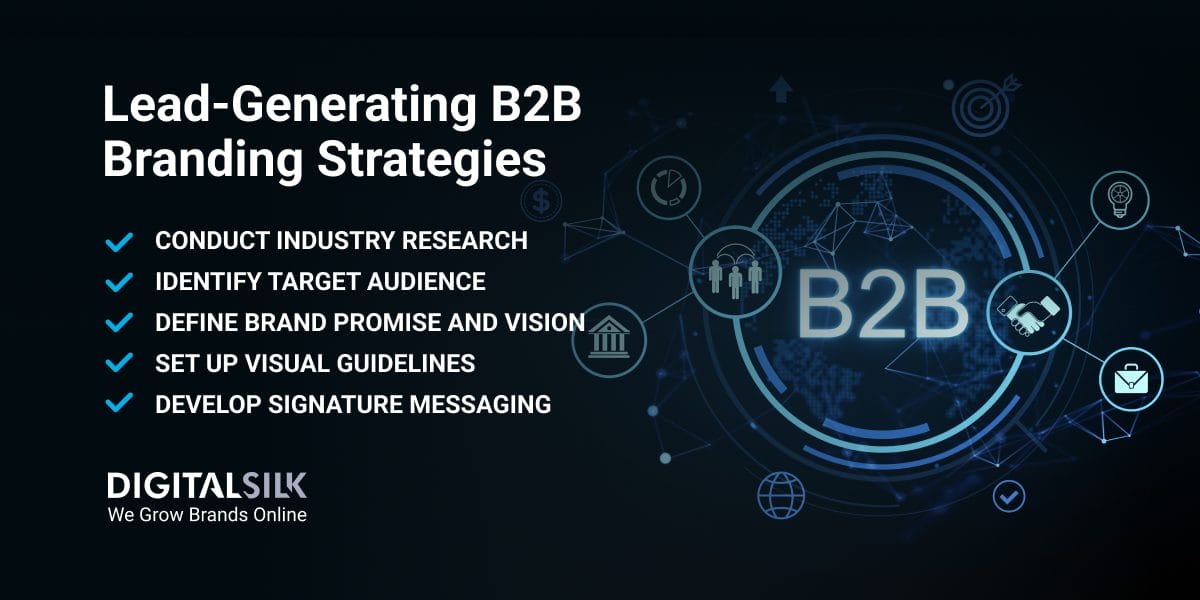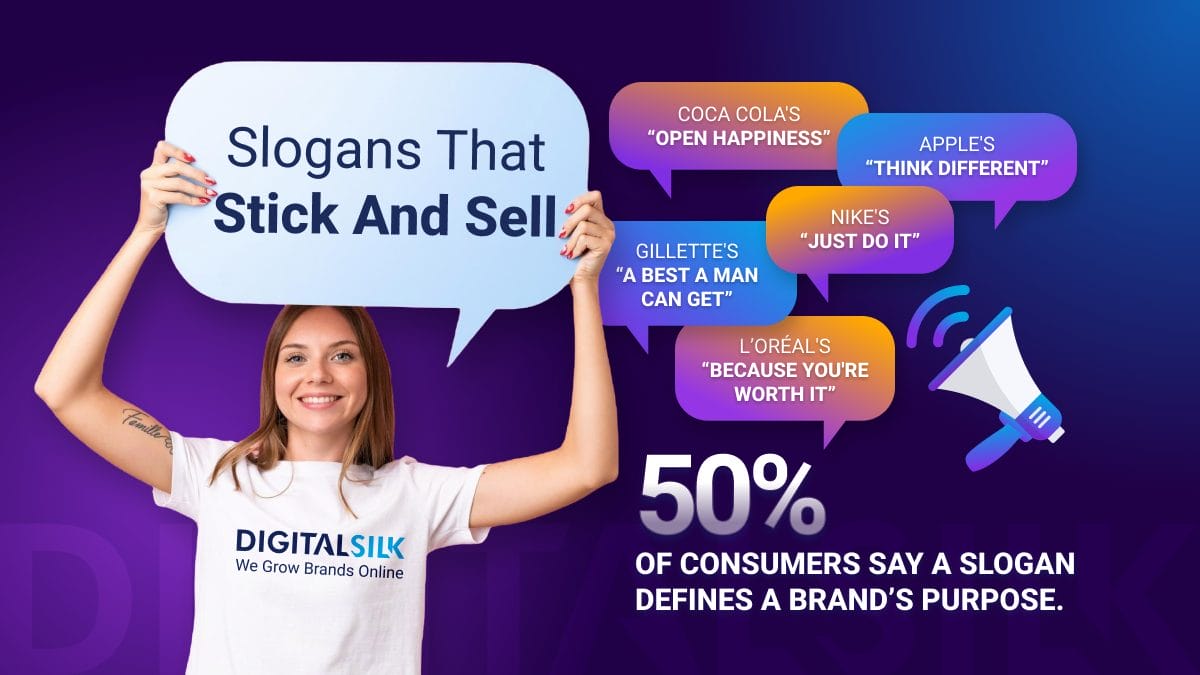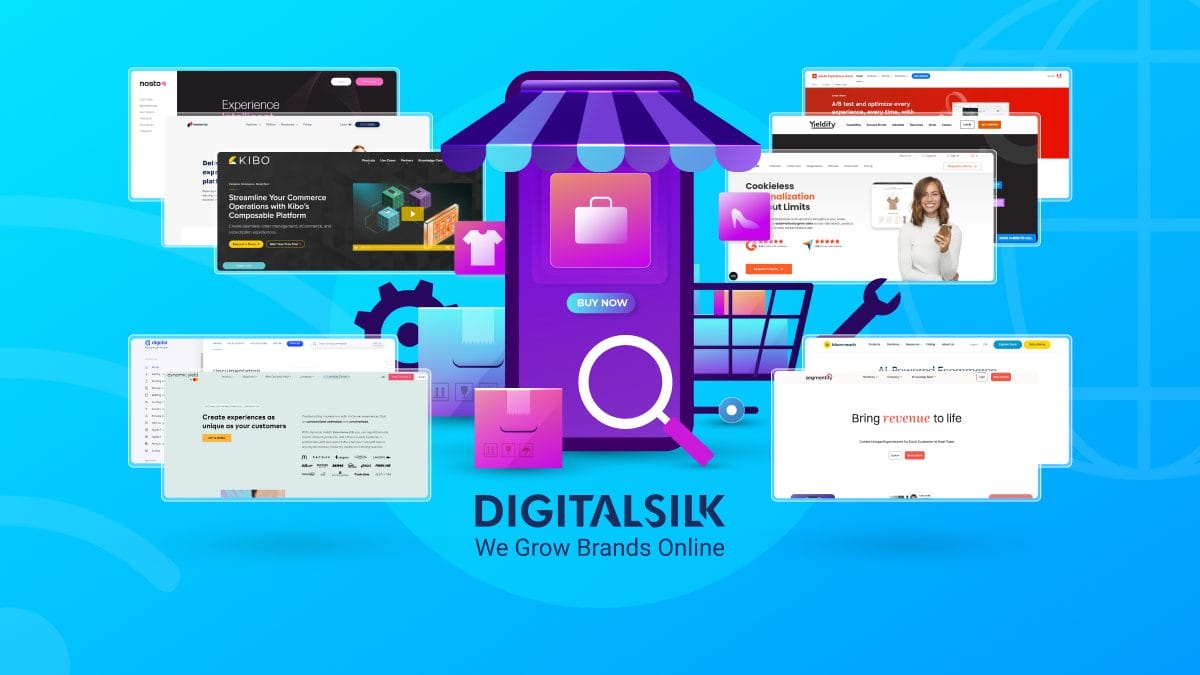Personalization Statistics: Key Highlights
-
96% of consumers are more likely to make a purchase after receiving a personalized message, such as loyalty point reminders or restock alerts.
-
65% of U.S. consumers prefer to buy from brands that personalize their experience across touchpoints, including emails, websites and promotions.
-
74% of marketing professionals say AI is a critical part of their strategy for the next 12 months, driving real-time personalization and campaign efficiency.
Every interaction with your brand shapes how customers perceive your value and builds long-term preference.
89% of companies say personalization is invaluable to their business success, yet many still deliver experiences that feel mass-produced.
Personalization has become a deciding factor in whether a brand earns attention or gets ignored in an instant.
In this post, we’ll explore 35 personalization statistics that reveal how tailored experiences are driving competitive advantage.
Marketing Personalization Statistics
Personalization has shifted from a marketing tactic to a core business strategy that shapes how brands engage, convert and retain customers.
Marketing leaders are refining strategies, adopting new technologies and rethinking metrics to meet rising expectations for relevance and tailored experiences.
The personalized marketing statistics below reveal how personalization drives sales impact, influences strategic priorities and reshapes the way companies measure success in a competitive market.
- 88% of professionals say that personalization marketing has a direct impact on sales.
- 86% of executives expect their organizations to move beyond reactive personalization and adopt predictive strategies.
- 85% of companies are redesigning their marketing strategies to meet the expectations of Gen Z consumers.
- 80% of marketers are focusing on advanced metrics like customer lifetime value, emotional engagement and brand affinity to measure personalization impact.
- Among the available technologies, 72% of businesses use a Customer Data Platform (CDP) for personalization.
- 63% of marketing leaders struggle to deliver personalized experiences to their customers.
- 46% of U.S. professionals say that marketing personalization trends are “high” or “extremely high” among their priorities.
What These Numbers Mean For You
- Tie personalization to revenue KPIs. Set clear sales targets for personalization initiatives and measure their direct impact on pipeline and conversions.
- Accelerate CDP implementation. Prioritize deploying a unified Customer Data Platform to consolidate data and power real-time personalization.
- Fix execution gaps in personalization. Audit current processes and technology stacks to identify and resolve blockers that hinder effective personalization delivery.
Email Personalization Statistics
Email marketing often misses the mark when brands send irrelevant messages that feel impersonal or poorly timed.
These email personalization statistics reveal how consumers respond to tailored content, targeted offers and well-timed outreach that respects their preferences.
By understanding what drives engagement, brands can avoid common mistakes like generic messaging and instead create experiences that encourage immediate action and long-term loyalty.
- 71% of consumers say they are more likely to engage with emails that feel personally relevant to them.
- 55% of consumers believe that applying personalization data to offer targeted discounts would enhance their email experience.
- When presented with an engaging email, 45% of consumers indicated they would open and act on it right away.
- 60% of users prefer receiving emails about top offers at a time that fits their own schedule when interacting with brands.
- 31% of consumers appreciate receiving timely email reminders about products or services that match their interests.
- 43% of brands prioritize personalization as part of their email marketing strategies.
What These Numbers Mean For You
- Prioritize email relevance. Ensure every email delivers content that feels personal and aligned with the recipient’s preferences to drive higher engagement.
- Use personalization data for targeted offers. Leverage customer insights to craft promotions and discounts that are relevant and timely, increasing conversion likelihood.
- Design for immediate action. Focus on clear, compelling calls-to-action (CTAs) in personalized emails that encourage recipients to respond as soon as they open them.
Website Personalization Statistics
Website personalization has become a key driver for lead generation and brand awareness as businesses compete for customer attention.
These personalization stats show how companies are using tailored website experiences to increase revenue and connect with audiences on a deeper level.
From strategy gaps to budget challenges, the data highlights where brands are succeeding and where they’re still falling short.
- 89% of U.S. businesses said that implementing personalization on their websites or apps led to higher revenue.
- 70% of businesses believe the ideal website personalization happens at the micro-segment or one-to-one level.
- 67% of retailers don’t have a clearly defined personalization strategy.
- 59% of companies are falling behind the personalization trend by offering limited or no tailored website experiences.
- 52% of businesses are implementing personalization strategies on their websites.
- 42% of businesses cite budget constraints as the top personalization challenge.
What These Numbers Mean For You
- Align website personalization with revenue goals. Focus on personalizing key touchpoints that directly influence conversions and revenue growth.
- Target micro-segments and individuals. Move beyond broad segments and develop strategies for one-to-one personalization to create more relevant user experiences.
- Define a clear personalization strategy. Establish a structured website personalization roadmap to avoid fragmented efforts and ensure consistency across channels.
Customer Personalization Trends
Consumers want brands to recognize them and act on their preferences.
Irrelevant outreach gets ignored, but personalization drives action and repeat business.
The following personalization trends show how tailored messages influence purchasing, loyalty and how people respond to brand communication.
- 96% of consumers are inclined to make a purchase after receiving at least one form of personalized message, such as back-in-stock notifications or reminders about loyalty points.
- 90% of people are seeking better use of personalized data to enhance the communication they get from brands.
- 81% of consumers ignore irrelevant messages, highlighting a personalization marketing trend where generic outreach is no longer effective.
- 87% of respondents believe it’s important for companies to recognize them and understand their customer history to deliver more tailored experiences.
- 71% of consumers anticipate personalized interactions from brands, while 76% express frustration when they don’t receive them.
- 65% of U.S. consumers prefer purchasing from companies that offer personalized experiences.
- 62% of U.S. consumers seek financial incentives through personalized interactions, whereas 36% prioritize functional usefulness.
What These Numbers Mean For You
- Recognize and act on customer preferences. Use customer data to personalize interactions across all touchpoints, ensuring every message reflects individual needs and behaviors.
- Enhance communications with real personalization data. Leverage purchase history, loyalty data and behavioral triggers to craft meaningful and timely customer interactions.
- Balance emotional and financial incentives. Create a personalization approach that offers both functional relevance and value-driven incentives to strengthen loyalty and engagement.
AI-Driven Personalization Stats
Marketing automation is entering a new phase as businesses adopt AI to streamline tasks, personalize content and enhance customer interactions.
From content creation to predictive recommendations, brands are rapidly moving from testing AI to embedding it into everyday workflows.
These trends reflect how AI is no longer a future investment but an immediate tool for improving engagement and operational efficiency.
- 74% of professionals say AI is critically or very important to the success of their marketing strategies in the next 12 months.
- 61% of organizations have a ChatGPT Team or Enterprise license to maximize generative AI productivity.
- 40% of respondents classify their current AI journey as being in the experimentation phase, actively testing how AI can support their business.
- 62% of U.S. marketers agree that AI-powered recommendations are the top content personalization trend for the future.
- 63% of consumers expect AI-driven brand experiences to deliver higher levels of engagement, while 59% of them expect more personalization.
- 57% of business leaders are using AI to automate employee tasks and improve customer personalization.
- 37% of marketers use AI for content creation and enhancement.
What These Numbers Mean For You
- Integrate AI with human-centric strategies. Use AI to enhance personalization at scale, but ensure human oversight keeps brand interactions authentic and emotionally resonant.
- Automate, but stay personal. Let AI handle repetitive tasks while humans focus on relationship-building and emotional connections.
- Move from testing to guided adoption. Shift from experimenting with AI to structured implementations where human input shapes the customer experience.
How Personalization Maximizes Results
Personalization directly impacts business outcomes by aligning brand experiences with what customers expect and respond to.
Companies that prioritize personalization maturity are seeing clear improvements in revenue, loyalty and marketing performance.
The personalization results that follow highlight how tailored strategies translate into measurable growth:
- Exceeding revenue targets: Brands that excel at personalization are 48% more likely to surpass their revenue goals compared to those with lower personalization maturity.
- Strengthening customer loyalty: Companies with advanced personalization strategies are 71% more likely to report significant improvements in customer loyalty.
- Increasing purchase frequency: Companies excelling at personalization are 67% more likely to see customers purchasing more often.
- Maximizing marketing efficiency: Effective personalization helps reduce wasted spend by directing efforts toward high-value audience segments.
- Driving deeper customer engagement: Tailored experiences encourage higher interaction rates across websites, apps, and emails, keeping customers more connected to the brand.
- Enabling faster, data-driven decisions: Brands using real-time personalization insights can quickly adjust campaigns based on customer behavior, improving responsiveness.
Future Personalization Trends: What’s Shaping 2026 & Beyond
As personalization evolves into a core business function, the coming years will see a convergence of AI, ethics, emotional intelligence and hyper-relevance.
These personalization trends are shaping how brands connect with customers in 2026 and beyond:
- AI personalization at scale: Brands are adopting generative AI to deliver 1:1 personalized experiences across channels in real time. Expect more companies to leverage customer journey orchestration tools that dynamically adjust messaging and content.
- Zero- and first-party data dominance: With privacy regulations tightening globally, companies are shifting from third-party cookies to owned data through interactive content, preference centers and loyalty ecosystems.
- Emotionally intelligent personalization: Beyond intent prediction, emotion AI and sentiment analysis are being embedded into CRMs and campaign tools to tailor tone, content and timing.
- Ethical and inclusive personalization: Consumers now demand transparency, control and fairness. Brands are responding with explainable AI, inclusive design and clearer value exchanges.
- Predictive content and autonomous campaigns: AI will increasingly take control. running content experiments autonomously, predicting not only what customers want but also the best when and how. By 2028, more than 20% of digital workplace applications will use AI-driven personalization algorithms to generate adaptive experiences for the worker.
And as personalization expands from customer-facing platforms to workplace applications, the expectations for real-time, adaptive experiences will rise across the entire digital ecosystem.
Staying ahead means treating personalization as an ecosystem that evolves with consumer expectations, tech innovation and ethical responsibility.
Improve Customer Personalization With Digital Silk
Personalization shapes how customers engage with brands, make purchasing decisions and build long-term loyalty.
Businesses that focus on delivering tailored experiences see clear improvements in revenue, efficiency and customer retention.
Digital Silk’s expert team follows a data-driven approach to craft personalization strategies that align with your business goals and deliver meaningful customer interactions across every touchpoint.
As a full-service digital agency, our deliverables include:
Want to optimize your personalization strategies?
Contact our team, call us at (800) 206-9413 or fill in the Request a Quote form below to schedule a consultation.
"*" indicates required fields


